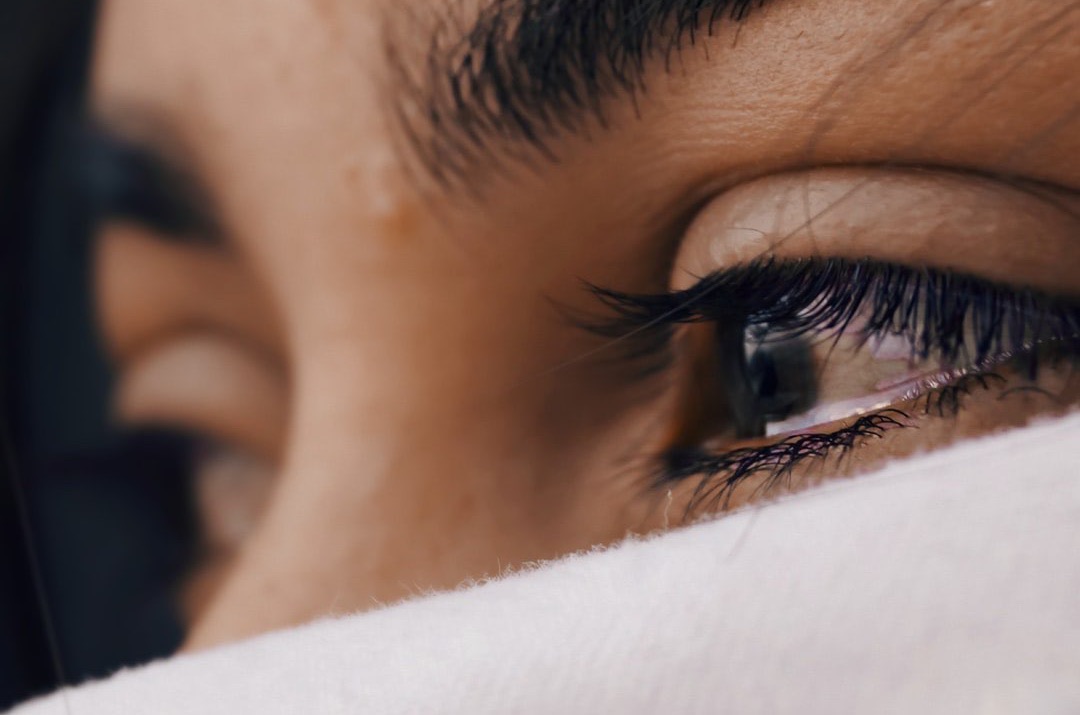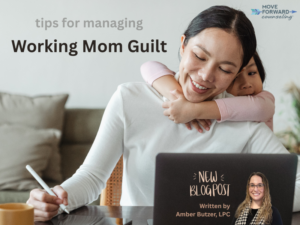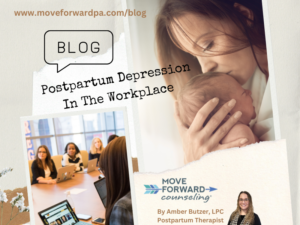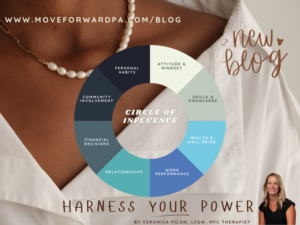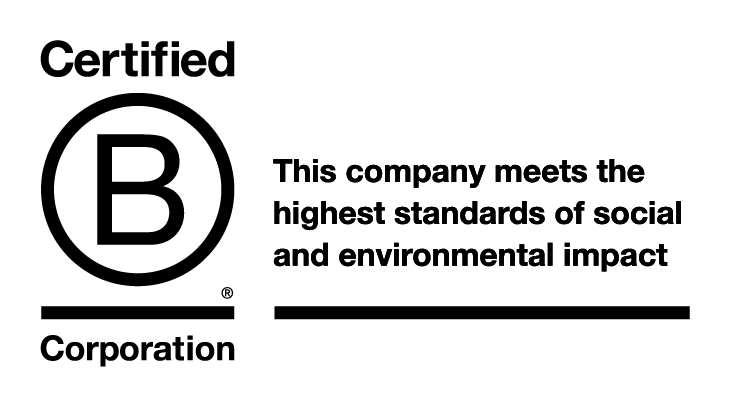Everyone has off days. Days where it is hard to get out of bed, nothing looks appealing, it is hard to find joy. You just feel tired, sad, down. It is normal to feel some sadness when you are going through life changes, loss, or challenging events—like relationship issues, work, or parenting struggles. Sometimes these feelings stick around for more than a few days and if ignored they can continue to spiral downward.
How do you know if you are sad or depressed? When should you seek help from a trained mental health professional? How can you help yourself feel better?
Sadness Vs. Depression
There are many reasons a person could experience sadness. Stressful life events often bring us down, sometimes keeping us there for longer than we would like. However, the big difference between feeling sad and being depressed is time. Sadness often fades gradually, going away after a short time ( a few hours, days, a week). Depression is a mood disorder that can come on without any specific cause and last two weeks or more.
Depression can impact every part of your life, making it difficult to function. Some signs and symptoms of depression include:
- Feeling like you are “empty” inside
- Struggling with a lack of energy
- Difficulty concentrating
- Trouble sleeping or sleeping more than normal
- Appetite or weight changes—often those who are depressed have no desire to eat or all they want to do is eat
- Feeling anxious or hopeless
- Lack of interest in hobbies or activities they used to enjoy
- Irritability or restlessness
- Feeling aches or pains without any known physical causes
- Thoughts of death or suicide
It is hard to pinpoint an exact cause of depression but research shows it can be linked to genetics, biology, environment, and psychology. Depression ranges from mild to severe, but even the mildest cases should be taken seriously.
Depression is very treatable and is most easily treated when the person feeling depressed recognizes they are beginning a depressive episode. As with most things involving mental health, the key to feeling better lies in self-care.
Eat Healthy
What you eat has a big impact on how you think and feel. If you eat healthy foods chances are you are going to feel better and thus be able to process emotions and difficult situations in the best way possible. There are also a number of specific foods that have been proven to help ease symptoms of depression. They include healthy proteins, fats like Omega-3 Fatty Acids, antioxidants, and vitamins B12 and vitamin D.
Exercise
Moving your body is a natural mood booster. Exercise causes your body to release feel-good hormones and is a positive way to burn off stressful energy and clear your head. Some examples of exercise can be: walking for 30 minutes, gardening, cleaning the house, washing the car, going for a bike ride, taking a dance class, and playing outside with your kids or pets.
Get Outside
Sun and fresh air are huge when it comes to your physical and mental well-being. We weren’t meant to be sitting inside dark rooms all day. Get outside, breathe, open a window, read a book in the sun, make sure you are soaking up natural vitamin D when you are able.
Get Quality Sleep
Sleep is so important to your overall mental wellbeing. We need adequate sleep to truly feel our best. Try to go to bed at the same time each night, avoid screens, overeating, caffeine, and alcohol too close to bedtime. It is recommended adults get between 7-8 hours of sleep each night.
Socialize With People Who Make You Feel Good
When you are starting to feel depressed it can be so tempting to cancel all plans and curl up under the covers of your bed. Unfortunately, that is likely going to make things worse. It may be hard to get out, but once you do you probably won’t regret it. Socializing feels good. Humans are social people, but make sure that you choose wisely. Meet with a friend you find easy to talk to and someone who generally makes you feel good.
Give Yourself Grace
We all have moments of struggle. We all have hard days and weeks. Be kind to yourself. Give yourself time to heal. Take it slow.
Seek Help
Depression is serious. If you are struggling with any level of depression it is important that you seek the care you need to address symptoms before they get worse. Let a trusted friend or family member in on how you are feeling so they can support you.
At Move Forward our licensed mental health professionals help clients in Hershey, Lancaster, Williamsport, Pittsburgh, Philadelphia, Harrisburg, and throughout the state of Pennsylvania via our online and telehealth platforms, as well as in-person at select locations. A counselor can help provide you with coping skills that suit your life so you can get the help you need to feel better.
Ready to begin counseling in Pennsylvania?
Our professionally-trained and licensed counselors have openings. Just contact our administrative assistant to get started to feeling better. You can get the tailored help you need right now. We are here for you.

